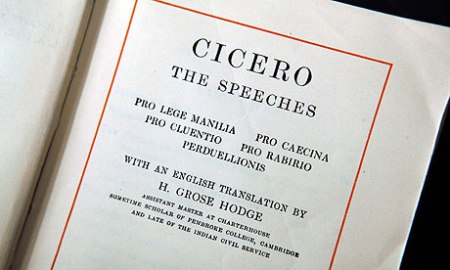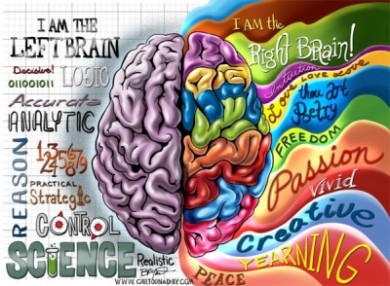With only small numbers of schools submitting students for exams in the classics each year, why are these subjects not given much importance by curriculum managers? Is taking Classical Greek, Latin, Classical Civilisation or Ancient History a waste of time for students? WeTeach has been doing research into the benefits of these subjects and why we shouldn’t forget the importance of the languages, culture, history and thought of the civilisations of ancient Greece and Rome.
1. Understand today’s world more clearly – Classical subjects are relevant to everything from politics and business ethics to history, art and architecture, the ancient world shows its influences everywhere in the modern world.
2. Ability to assess the failings and successes of political systems.
3. Development of rare translation skills – understanding more than one language and culture not only benefits the individual but also looks great in a C.V or UCAS statement. It also helps students to really appreciate the classic literary pieces.
4. A great improvement in the understanding of the English language – 60% of English words and 90% of words consisting of more than two syllables are derived from Latin.
5. Romance languages become easier to learn – there are five Romance languages which are Spanish, French, Italian, Romanian and Portuguese. These languages derive more than 80% of the words which make up their vocabulary from Latin.
6. Students study the fascinating work of philosophers including Plato and Aristotle and the epic poetry of Homer and Virgil.
7. The subjects offer a challenging enrichment course for Gifted and Able students
Are classics subjects relevant in today’s classroom? Have your say, tweet us @WeTeachOrg or comment below.
For information on how to deliver classics subjects to your school cost-effectively, visit www.weteach.org.uk



